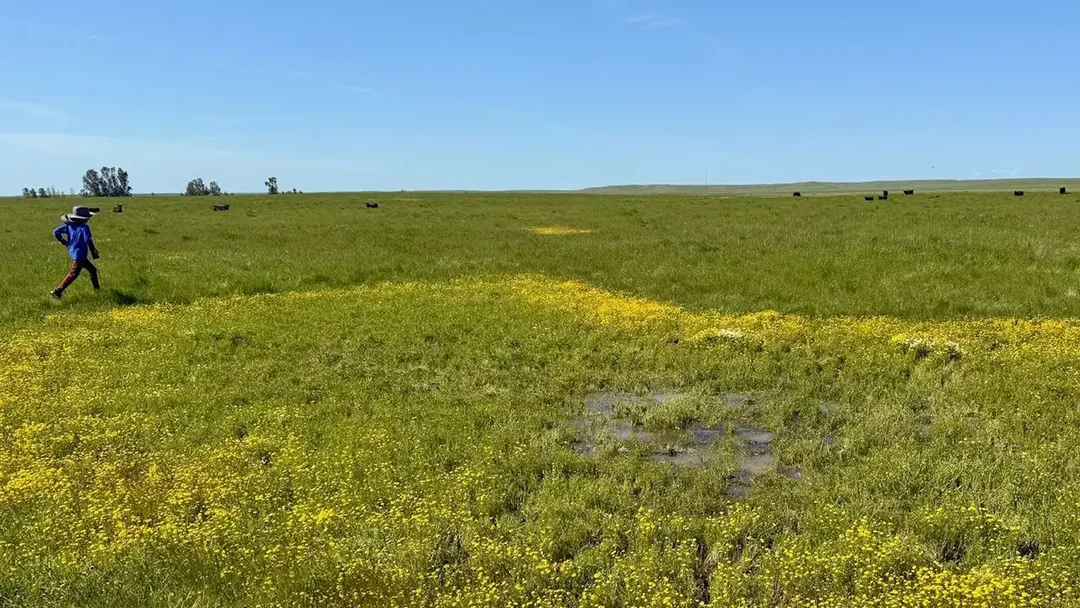
Merced’s Own Super Bloom: Celebrating Nature’s Hidden Treasures
In the heart of California lies a stunning natural wonder that residents have fondly dubbed "UC Merced’s backyard." The Merced Vernal Pools and Grassland Reserve is an extraordinary 6,500-acre expanse that bursts into color each spring with vibrant wildflowers and serves as a vital habitat for endangered species, including the elusive fairy shrimp.
Established in 2001, this reserve is critical for preserving the unique vernal pool ecosystems now threatened by urbanization. Joy Baccei, the reserve's director, proudly describes it as a "biodiversity hotspot," showcasing over 400 species of plants and animals and increasing significantly as researchers and educators engage with the environment.

A recent community tour into the lush landscapes highlighted the reserves' beauty. Tour guide Jasmine Salazar explained how rare these vernal pools are, especially after a devastating loss due to infrastructure – a staggering 99% have disappeared within the Central Valley. The remaining 6,000 pools at the reserve provide vital habitats for critters like fairy shrimp, which hatch during California's brief rains and have become a beloved aspect of local wildlife.
These tiny crustaceans, known for their remarkable life cycle, survive harsh conditions by laying dormant eggs that can endure for thousands of years. Local visitors, such as Alex Hernandez and his children, were eager to learn about these creatures firsthand. "It's a great thing for them to see, especially since Noah has been studying them," Hernandez noted.
As spring blooms transition to summer's dry heat, the vernal pools undergo phases, illustrating nature's cycle. By the time of the tour, the fairy shrimp's brief, seasonally synchronised life was ending, emphasizing the urgency of protecting such habitats.
UC Merced not only serves as a dynamic academic institution but also a critical research site. The university boasts the largest reserve system in the world, with ongoing projects that delve into how climate change affects plant flowering times in these pools, pivotal studies highlighting the reserve’s significance not just to local ecosystems but to broader ecological research. Baccei ensures that despite recent federal funding cuts to climate research, the reserves’ invaluable work continues uninterrupted.
The Merced Vernal Pools and Grassland Reserve is not merely an academic location; it's a cherished backdrop for the community that encourages learning and appreciation of the natural world. Salazar eloquently sums it up: "Vernal pools are beautiful. They’re not only brimming with life, but they bring peace, and that’s always worth protecting."
As visitors continue to cherish this unique environment, the question remains: How can we further assist in the safeguarding of such irreplaceable natural treasures? We invite readers to share thoughts and join in protecting these magnificent ecosystems.